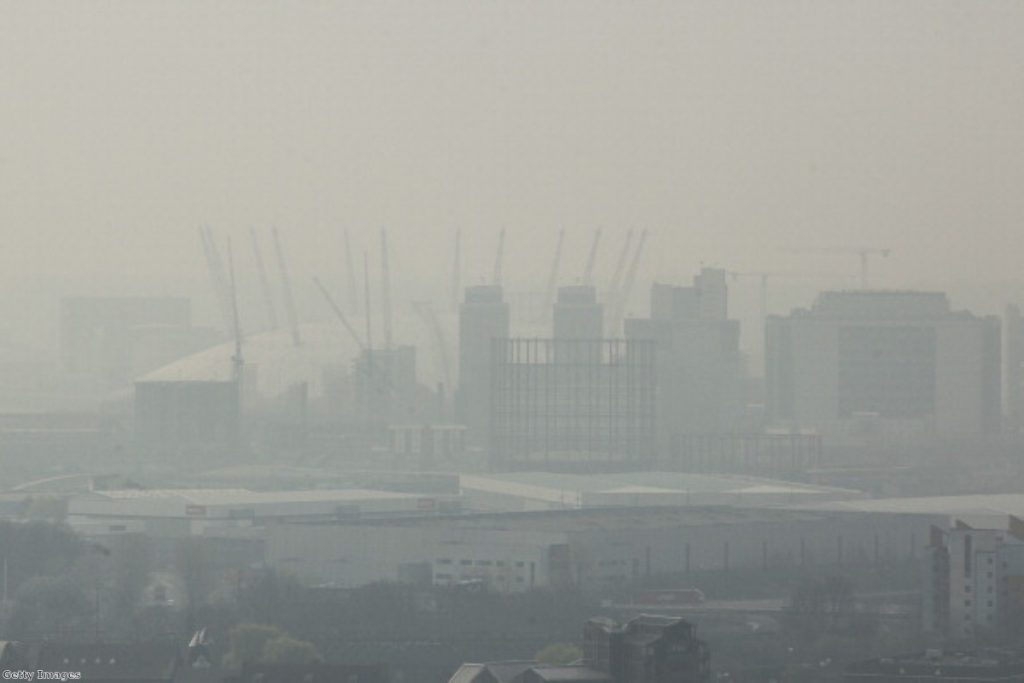London smog: Boris Johnson backs down in air pollution row
Boris Johnson has given in to demands to appear before a parliamentary inquiry on air pollution, after initially refusing to talk about recent incidents of toxic smog across London.
The Mayor wrote to the environmental audit committee earlier this month refusing their invitation to appear before them.
He was accused of not taking the issue seriously, having previously dismissed air quality problems during the recent Saharan smog episode.
Responding to global coverage of the so-called 'Saharan smog' which sat over London for the best part of a week, Johnson told reporters that he had cycled through it himself and found the air quality to be "perfectly fine."


Following his refusal to appear before the committee, opponents of Johnson's plans to build a new four-lane motorway crossing of the Thames in SE London set up a petition urging him to change his mind.
His political opponents also accused him of taking a 'reckless' approach to Londoner's health.
"The Mayor has claimed to be doing all he can to improve air pollution in London, which many of us know to be nonsense," Green party London assembly member Jenny Jones told Politics.co.uk at the time.
"His refusal to answer to the EAC is a clear indication that he also knows his claim is nonsense and he would be shown up as lackadaisical on an issue that blights the lives of Londoners, especially children and the sick."
After further correspondence between MPs and City Hall, Johnson has now agreed to give evidence to the committee's inquiry later this year.
In a letter to the committee he said that "significant diary pressures" had prevented him agreeing to attend in June or July but said he would be willing to attend in September instead.
He also claimed that City Hall had already "put in place the most ambitious and comprehensive measures in the world to tackle emissions."
Campaigners against the mayor's road-building plans today welcomed his decision.
"Boris Johnson has finally yielded to calls for him to speak to a parliamentary committee about air pollution, after steadfastly insisting that the air quality in the capital is jolly fine," Francis Sedgemore of the No to Silvertown Tunnel campaign said.
"This is a small victory for London residents, including those members of the No to Silvertown Tunnel campaign who recently conducted a revealing citizen science study into vehicle exhaust pollution in the capital. Still, there is a long way to go. In the meantime, don’t breathe too deeply."
The No to Silvertown Tunnel campaign released the results of a 'citizen science' project in which they monitored pollution levels at 150 locations set to be affected by the new Thames road crossing.
They found nitrogen dioxide levels up to two and a half times the legal level under EU regulations. In total, five sites recorded pollution levels at more than double the legal limit.

